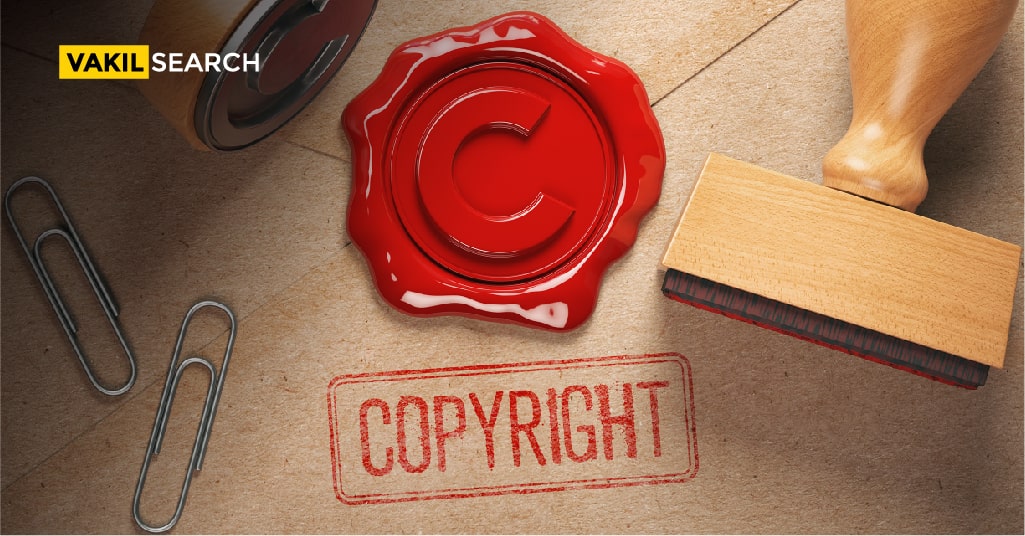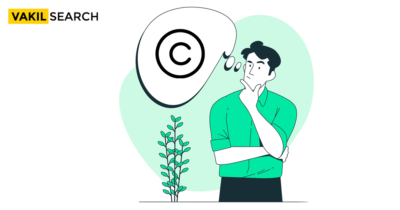This blog will tell you about copyright laws and society to protect original works from unauthorised copying and distribution.
Personal property rights regarding the copyrights society, are the rights granted to an individual for their works in art, literature, filmmaking, science, etc. Intellectual capital is the result of human creativity and intellect. With each new year, the extent of trade secrets expands rapidly. Permits, design rights, copyrights, logos, and other forms of patent law have been internationally recognised. The abstract in copyright ownership is usually an intangible asset of whatever kind. Copyright law is founded on a few fundamental principles.
An Introduction to Copyright
The core of copyright protection is that if someone utilises somebody else’s work for personal gain, which the proprietor has developed via labour, talent, or investment, the law comes into play to safeguard the owner’s copyright. In addition, the property law prohibits anyone else from profiting from the protected content. Stealing or copying other people’s work was complicated and expensive in antiquity. Hence copyright was not as important. With the development of the printing press, though, the world began to witness the unauthorised duplication of one’s work. As a result, the significance of copyright protection legislation has been acknowledged.
Copyright is a legal construct. Copyright filing does not apply to every work that exists. It only has access to work that the Copyright Act protects. Its primary goal is to protect the unique work’s author from unauthorised copying to profit from his creation. The protection also applies to preventing others from using any other copyright-related right without authorisation. For example, the rights might be granted or leased to the works entirely or in parts.
Only those artists’ concepts can be granted a copyright. The term ‘unique’ refers to any work developed using one’s own labour and talent rather than being copied from another. In addition, work must not satisfy any intellectual, positive or negative, or other tests to be eligible for copyrighted material. Copyright does not apply to any concept, though.
What Is a Copyright Society, Exactly?
Copyright societies are legal entities whose purpose is to defend or protects the rights of proprietors of works in which copyright exists. A trademark society’s responsibilities include granting a copyright license in an original piece for copying, performing, and public distribution, locating copyright violations and initiating legal action if necessary.
The Evolution of Copyright Law
Sections 33 to 36 of the Copyright (Amendment) Act, 1944 dealt with performance rights in copyright law societies before its implementation. This society was in the business of awarding or granting licenses for the performance in India of any work with copyright. However, the scope of such a society’s authority was confined to literary, theatrical, and musical production. The Copyright (Supplement) Act, 1994, went into effect in 1994 and included provisions dealing with copyright societies.
The Emergence of Copyright Societies Has Several Reasons
It is commonly noticed that authors of artistic work copyright are neither company nor concerned with cash resources and that the work is frequently exploited. Suppose an author has developed an original composition of copyright literary work, for instance. In that case, the author may profit financially by replicating copies of his job and distributing them to the general public. But, of course, it can only happen if the work has been licensed to a publication. In addition, it is tough for the proprietor to prevent theft. It has also been found that they sometimes cannot record how others use their work.
Authors of copyright works chose to form property societies to license their work for performing or mass discussion to overcome these issues. The organisations are authorised to perform such work for a fee.
The Copyright Society From an Indian Perspective
In India, the Copyright Law of 1957 governs the copyright industry. As previously indicated, writers and other proprietors create a copyright organisation. A copyright society must have at least seven members to be registered. Different types of societies are allocated to different kinds of tasks. A compulsory license, for instance, is committed to a work of literature. The copyright’s current societal registration is almost five years long.
It can be extended at the end of every five years by request. The federal government would only announce its approval of such a proposal after reviewing specific reports. In 2012, the Legislation was also amended. Those property societies already established before this Act would be able to register underneath this Act in one year of the Property (Extension) Act, 2012 taking effect.
Requirements for Copyright Societies’ Registering
Article 3 of the Copyright Act of 1957 specifies the requirements for copyright society membership. No individual, body of people, or organisation is allowed to conduct the business of providing or awarding licenses for any work wherein copyright exists as defined under Section 13 of this Act, according to the provision. Those organisations or bodies of people or individuals who have established themselves under the Provisions of a section of this Act will be excluded from such a clause.
The author of any protected content in his role shall continue to have the authority to grant licenses for his work, subject to their obligations as a member of the recognised copyright society. According to this article, any activity of giving or awarding licenses in respect of the elements of literary, theatrical, artistic, or artistic work contained in a cinematograph picture or audio recording must be conducted through a recognised licensing body.
Performing rights organisation was regarded as a legal entity to give licenses before licensing body, and its rules were specified from Provisions of section 36. However, with the introduction of copyright, performance rights societies operating under the primary purposes of Clause 33 will be considered copyright communities if they have been established under the new Page 33 of the Copyright Law.
A copyright organisation must register a petition to the copyrights registered under this Law. The file will eventually be forwarded to the Central Govt by the register. To issue registration, the federal government will evaluate a few factors. The prerequisites are
- The interests of writers and other holders of rights under the Law;
- The best interests of the country and comfort;
- The interests of the class of persons seeking licenses in respect of applicable rights; and
- Applicants’ ability and competence.
What Is the Process for Registering a Copyright Society?
Any affiliation of persons, whether integrated or not, comprised of seven or more writers or copyright holders (alluded to as ‘claimant’) established to distribute or give permits in respect of any lesson of appears to work in which it is enrolled may submit an application on form VIII with the registration of copyrights.
Every application must include the following:
- A genuine copy of the petition establishes or incorporates the Applicants.
- All individuals listed in the application must agree to serve on the Ruling Body of the Applicant.
- A statement outlining the Applicant’s goals, the organisations whereby it will operate, and auditing and accounting procedures.
- This is an assurance that the device will be constituted or registered by the Act and these Regulations.
What Is a Copyright Society’s Intent?
Writers and other copyright owners can’t track how their work is used. However, the compulsory license can keep an eye on the usage of those works and collect payments from people who use them.
What Role Does a Copyright Society Play?
A copyright’s current societal job is to manage to issue award licenses for copyrights that belong to the authors or proprietors of the works. A compulsory license is also responsible for collecting and disbursing payments on behalf of writers or licensees.
Conclusion
In the modern environment, copyright is critical. In India, various copyright societies exist for multiple reasons. The Copyright Society plays a vital role in the lives of writers and proprietors of copyrighted works. In business, society assists such writers and businesspersons in earning monetary rewards. It also aids the writers’ and proprietors’ integration into a foreign society. For any queries you can reach out to Vakilsearch, we will help you to resolve the issues register your copyright.
Also, Read:










